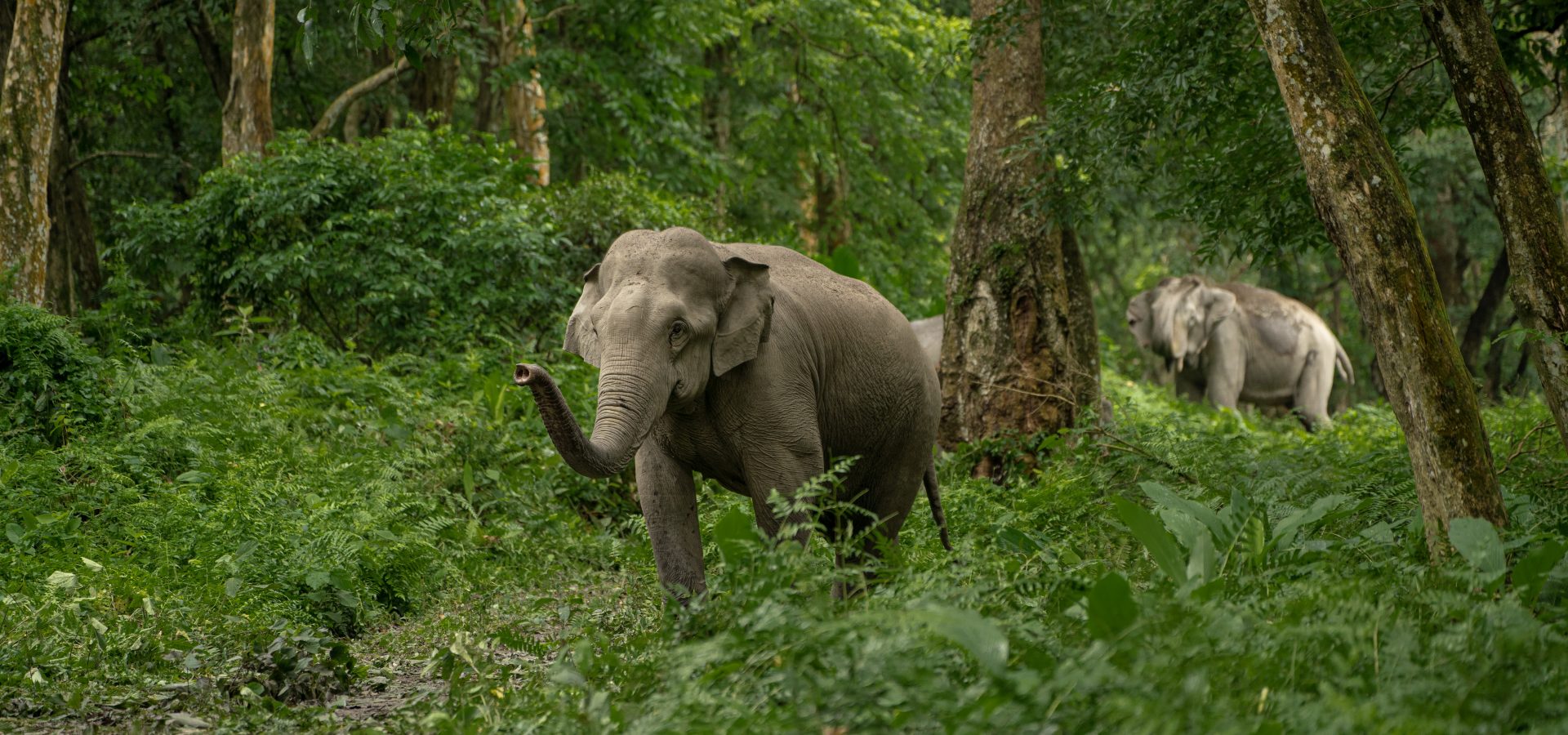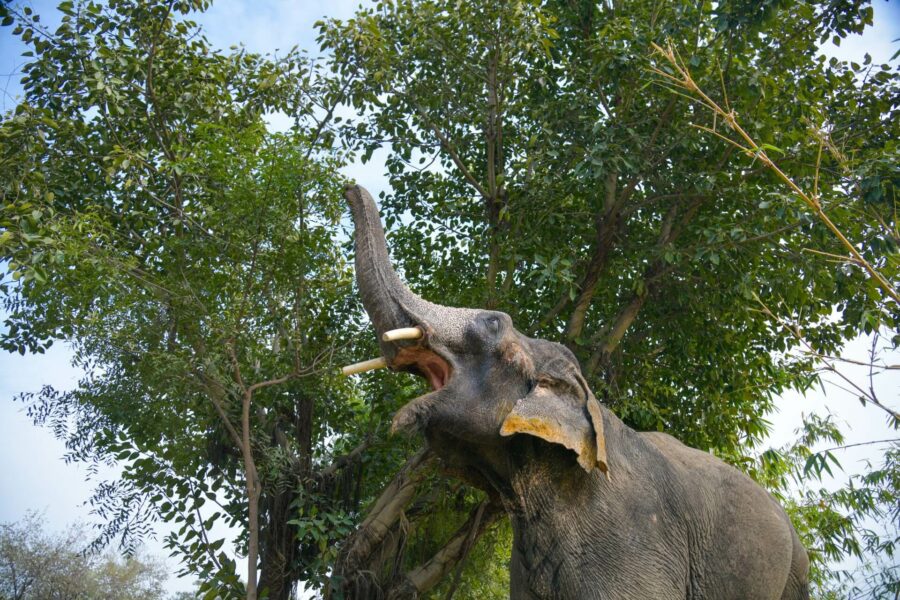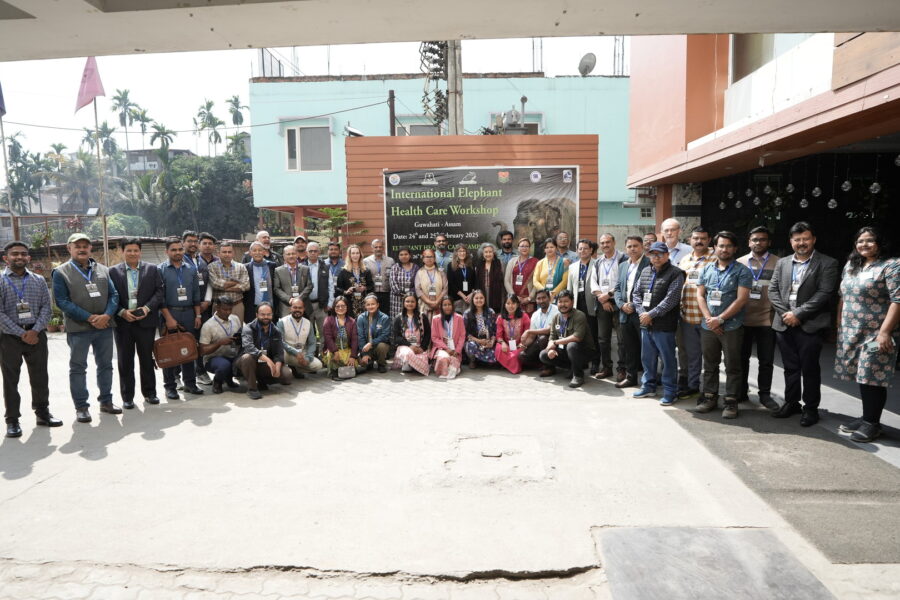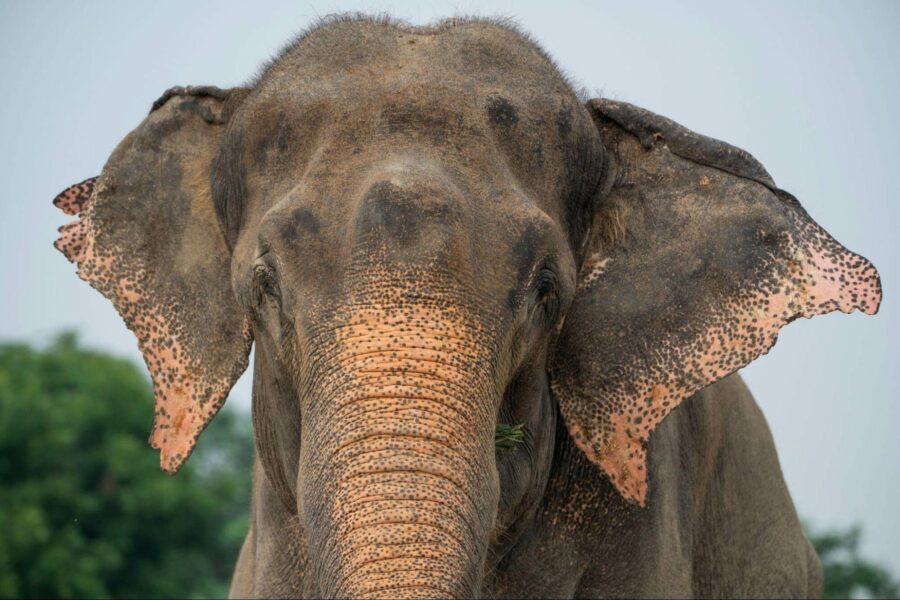There are many differences one can note while talking about wild animals and domesticated animals. The behaviour of wild animals is much more difficult to observe in their natural habitat, since it requires time, patience, knowledge, and sometimes, sheer luck. However, there are many researchers who spend their lives trying to find out the exact way animals live in the wild.
When it comes to wild elephants, they express themselves by showcasing their different personalities: they can be bold and aggressive, or be shy and afraid. Such characteristics are common to humans as well, but have you ever thought about how wild elephants behave with each other?
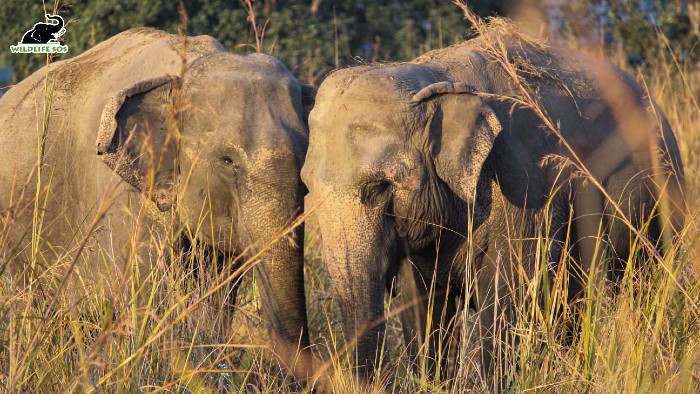
When we talk about the social structure of elephants, it is important to note that elephants belong to matriarchal societies. A matriarchal society is one that is led by a female, in this case a senior female elephant. The herd primarily includes females, and juvenile elephants as well. The herd is committed to protect their young. But why do they choose to follow this arrangement?
The oldest and the largest female elephant acts as the ‘matriarch mother’ who looks after and protects the entire herd. Young male elephants are a part of this herd till they mature between 10-15 years of age. While looking at the bigger picture, we realise that male elephants are stronger and bigger in size than the female elephants. Hence, for the bulls, staying in a herd for the purpose of safety is not a requirement.
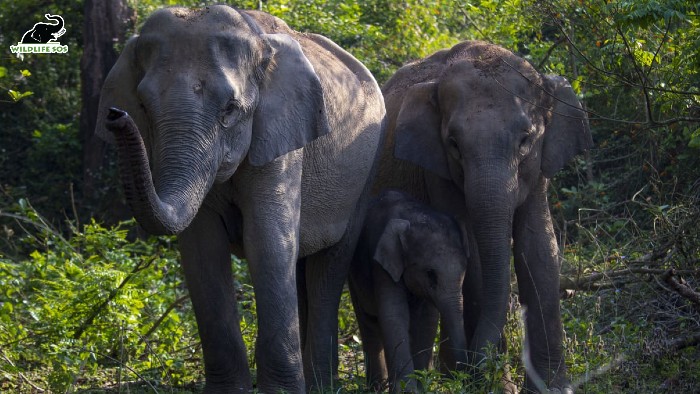
The matriarchal society of elephants also has different hierarchical levels. The older the elephant, the higher the ranking within the herd. The females understand that an older elephant has seen more of life, and therefore will have more wisdom as well as experience about survival. It is this mutual understanding about the roles of each elephant that leads to the smooth working of the large group.
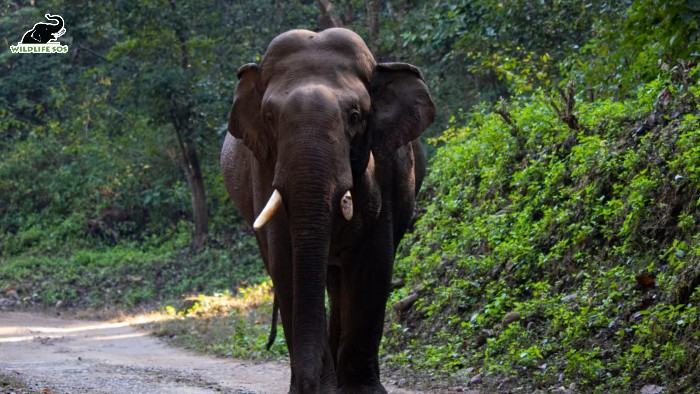
On the other hand, male elephants or bulls prefer to stay alone rather than in groups. Sometimes, bulls may associate with other unrelated bulls and form small groups, however these groups are likely to be unstable. Male pachyderms may even indulge in mock-fights with other bulls to understand their level of dominance.
At around 20 years of age, male elephants begin to experience a periodic biological phase called musth. During this time, they undergo a rise in their testosterone levels, which affects their temperament and behaviour. It gets more difficult for bulls to remain in a group during musth as for that particular timeline, the bulls tend to assert their dominant nature, and become unpredictable and aggressive.
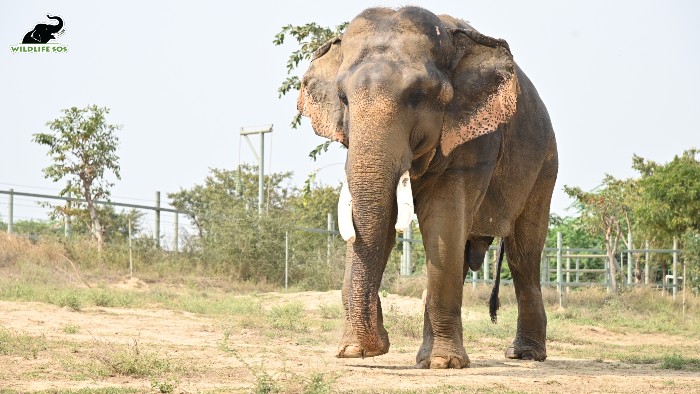
Elephants Rescued Display Natural Traits
Our team at Wildlife SOS has observed elephant behaviour in close proximity. With an environment provided to them that is akin to the wild, our rescued pachyderms are encouraged to hone their natural instincts. The bulls prefer to keep to themselves rather than engaging with the other male elephants. Sanjay and Suraj are two of our elephants who are comfortable with being in their own space.
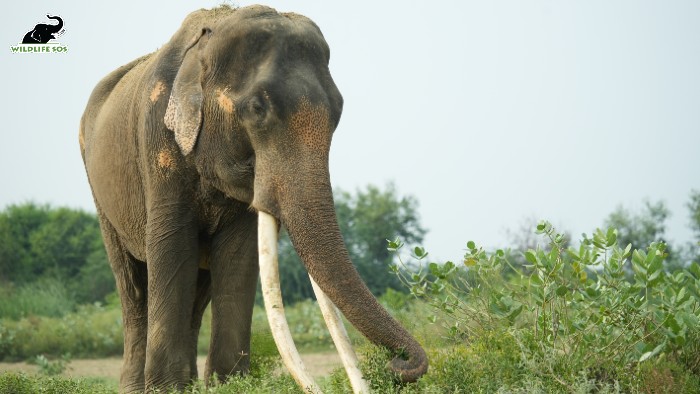
Most of the female elephants at our centres remain true to their nature and have formed close companionships. Maya and Phoolkali share a special bond that is often likened to sisterhood. The pair was introduced to calm and curious Emma, who was rescued in 2021. Now, the trio is inseparable, and are seen going on their daily walks together.
The beauty of friendship is shared by another duo, Rhea and Mia. Rhea was rescued as a circus elephant a year after Mia was rescued from the very same circus. However, as soon as the two reunited in a space that provided them safety and care, their friendship became mightier.
The connection our elephants have with each other shows how remarkable the cognitive abilities of elephants are. Long-term friendships formed are evocative of their natural herd behaviour, and become positive indicators of their overall well-being.
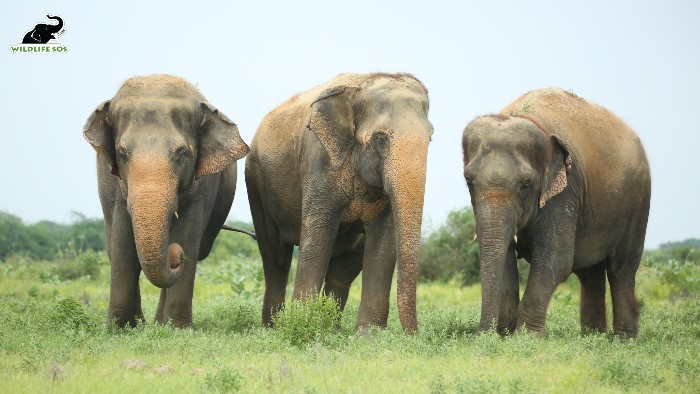
Since pachyderms under our care have gone through traumatic experiences in their past, encouraging social interactions among female elephants plays a significant role in their journey of healing. This is supplemented with the humane treatment provided by our medical team and caregivers to support their physical well-being. For the rescued male pachyderms at our centre, the dedication and experience of their caregivers ensures that these solitary mammals are provided with enrichment activities to enhance their inborn attributes. They also ensure that they remain comfortable with adequate provisions and attention, even during the musth period.
It is therefore important to realise that while rescued animals do not forget their innate instincts, their individual preferences must be recognised and considered respectfully, given the challenging situations they were forced to deal with in their past.
To read more articles on animal behaviour, subscribe to our newsletter.

